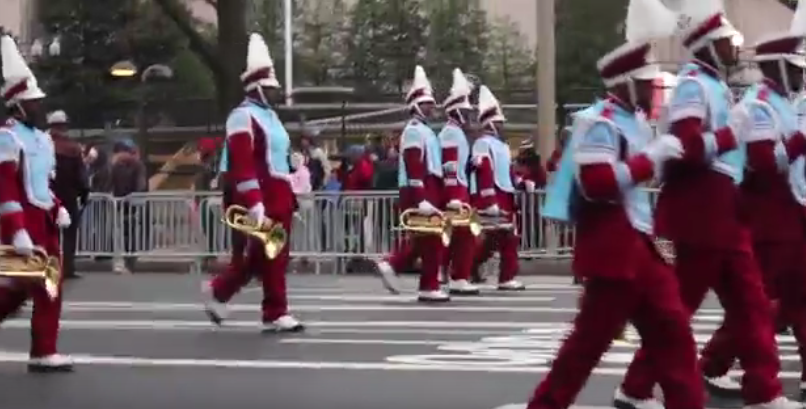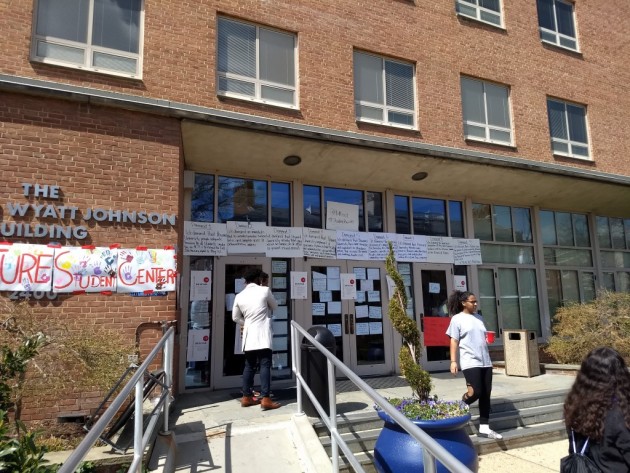The University of North Carolina at Chapel Hill has come forward to admit that servants provided to the students in the early decades of the school’s existence were African-American slaves.
The school, known as the nation’s oldest public university, provided slaves that chopped fire wood, tended to students in their rooms and even helped to build the campus.
Researchers covering the first hundred years of the University’s existence uncovered records confirming that slave labor helped to fortify campus buildings. Other documents showed that both faculty and university board members owned slaves on campus.
In an effort to acknowledge the university’s involvement in slavery, many of the records are featured in an on-campus exhibit, entitled “Slavery and the Making of the University: Celebrating Our Unsung Heroes, Bond and Free.”
In addition, a class is now offered covering the history of African Americans at the University, and a monument in honor of the slaves and free blacks who helped build the school was erected on campus last May.
”There’s no way anyone can ever make up for keeping slaves, but the fact that they’re coming clean about the past and paying tribute to [the slaves’] work is a start.”
Jacobs believes that in addition to the exhibit and history class, the school should implement more minority scholarship programs commenting that, "It’s only fair that they help some African American students pay for school, seeing as how African-Americans built the campus.”
The University of Alabama has admitted links to slavery, and Brown University is currently examining their records for past slave involvement. A few financial businesses have also come forth with their historical association with slavery.
Wachovia Inc. and JPMorgan Chase & Co. have both come clean about their past use of slave labor, even paying reparations in the form of monies meant to support black history education or college scholarships for African-American students.



